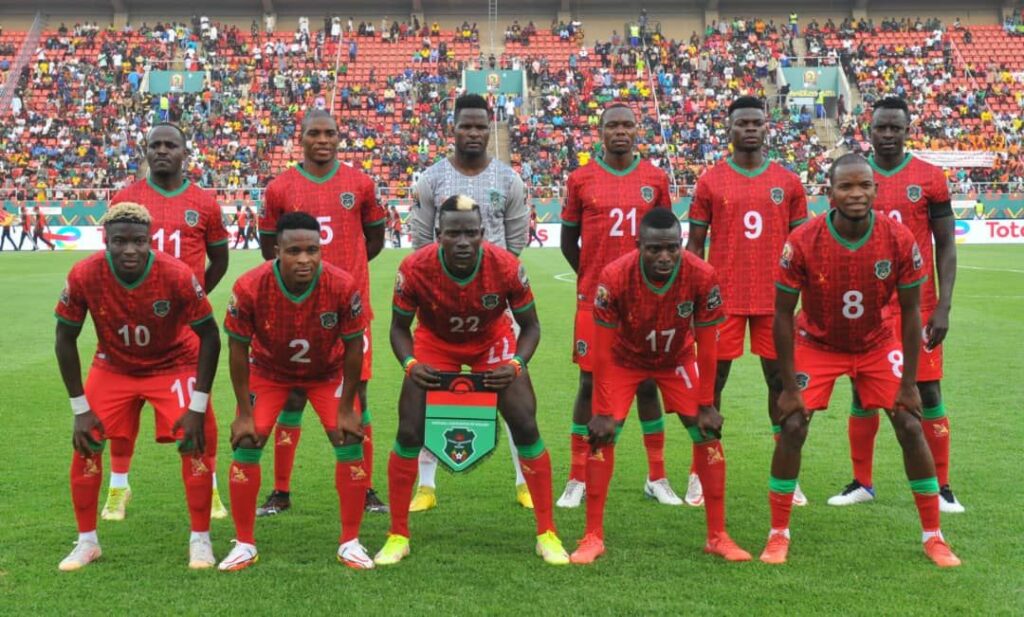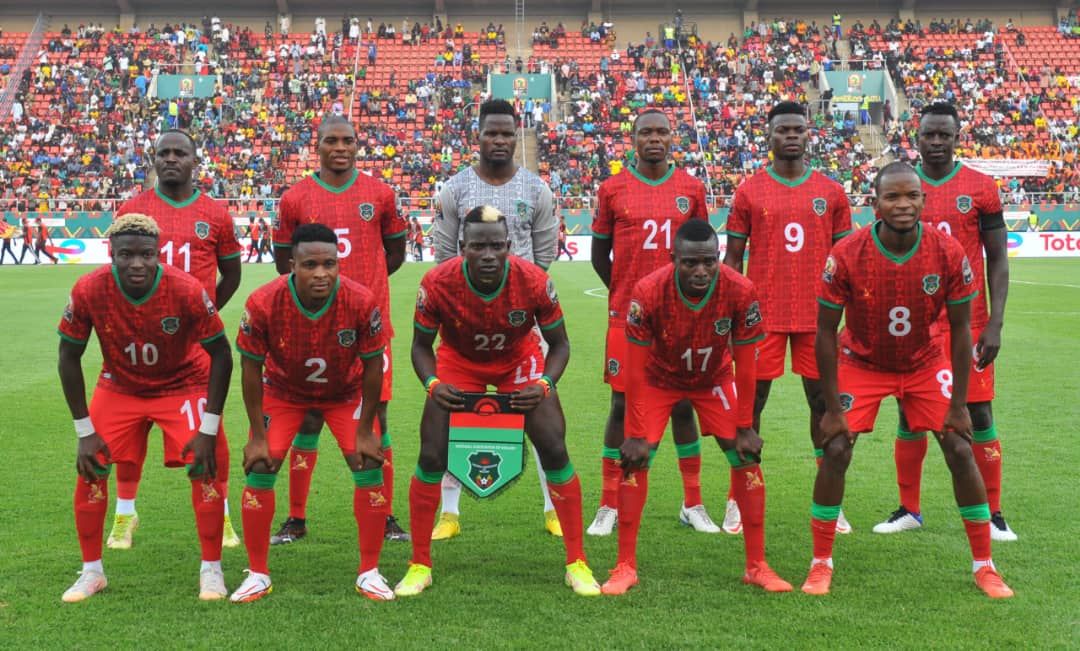By Burnett Munthali
Malawi National Football Team Coach Patrick Mabedi has warned his charges to guard against complacency when they host Sao Tome and Principe in a 2026 Fifa World Cup qualifier at Bingu National Stadium in Lilongwe tomorrow.
Malawian football has had its share of successes and challenges over the years. Here’s a detailed look at both:
Successes
Firstly, Malawi has qualified for the AFCON three times (1984, 2010, and 2021), which is a significant achievement given the competitive nature of African football.
Secondly, Malawi has produced talented players who have gone on to play in international leagues. Notable names include Ernest Mtawali and John Maduka, who had successful careers back then in South Africa and Europe.
Thirdly, Malawi has invested in youth football programs, which have started to bear fruit. Initiatives such as the FAM Under-17 and Under-20 leagues aim to nurture young talent and prepare them for professional careers.
Lastly, The TNM Super League, Malawi’s top-flight football league, has seen improvements in terms of competitiveness and organization. This has helped in raising the standard of local football.

Challenges
Firstly, Malawi faces significant challenges with sports infrastructure. Many football facilities and stadiums are underdeveloped, which hampers both training and hosting international matches.
Secondly, There is a lack of adequate funding and sponsorship for football at all levels. This affects player development, league operations, and the ability to attract and retain talent.
Thirdly, Issues with management and governance within the Football Association of Malawi (FAM) and local clubs have been a persistent problem. This includes allegations of corruption and mismanagement of funds.
Fourthly, Retaining top talent within the country is difficult. Many promising players move abroad for better opportunities, which affects the quality of the local league and the national team’s performance.
Fifthly, Football faces competition from other sports, such as netball and basketball, which also vie for limited resources and attention from both the government and the public.
Sixthly, The overall economic situation in Malawi affects football, as there is less disposable income for fans to support clubs through ticket sales and merchandise, and fewer companies willing to invest in sponsorships.
Conclusion
Malawian football has made strides, particularly in developing young talent and maintaining a presence in international competitions like the AFCON. However, significant challenges such as infrastructure deficits, funding issues, and governance problems need to be addressed to fully realize the potential of football in Malawi. Addressing these challenges would require concerted efforts from the government, private sector, and football governing bodies.



